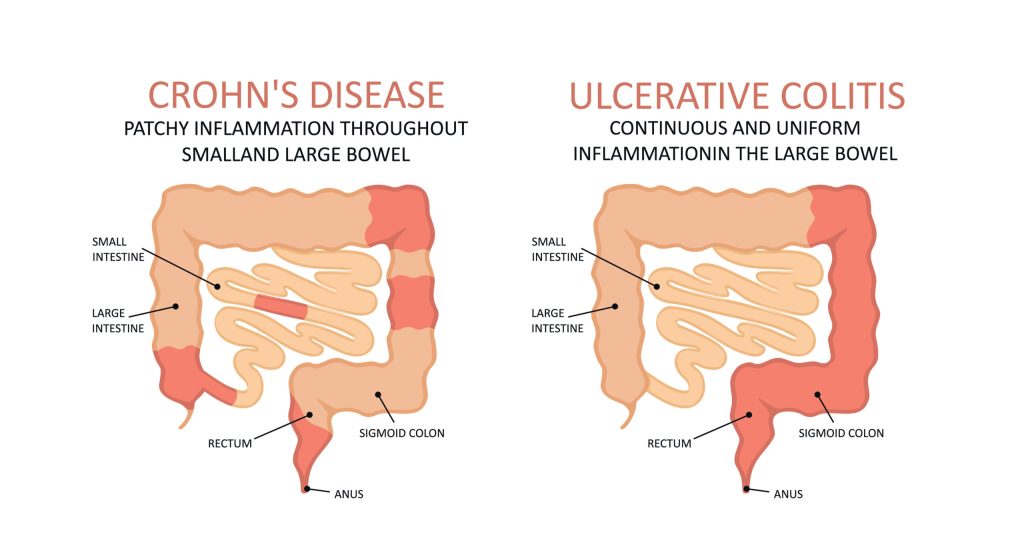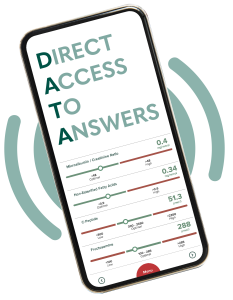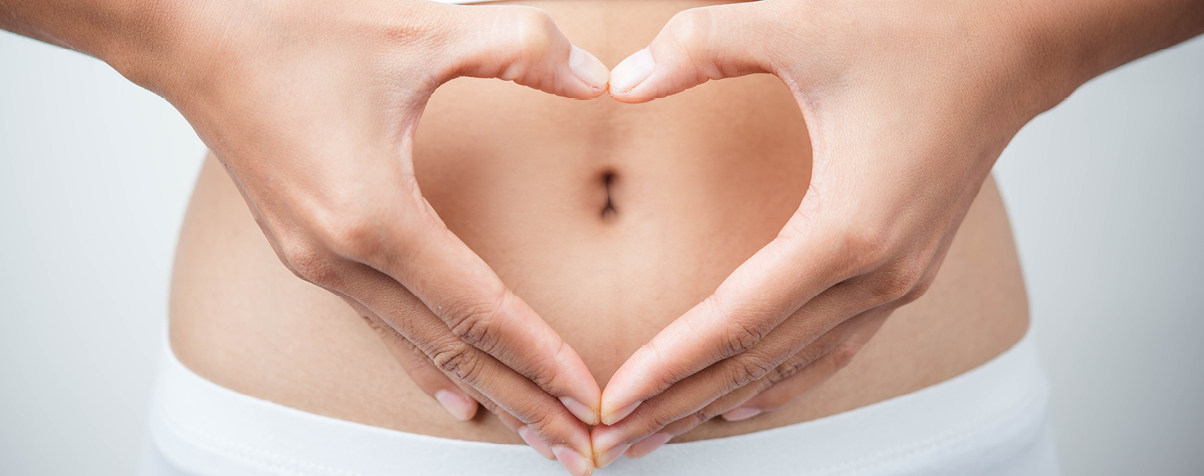13/07/2022
The role of our digestive system is fundamental to the daily functioning of our bodies, transferring the food and liquid that we consume into essential nutrients and minerals which the body uses for energy, growth, and cell repair. Research by National Institute for Health and Care Excellence (NICE) reports that bowel issues are a common complication experienced by adults within the UK, with constipation affecting nearly 13% of the population. But what if there was a service capable of identifying this at it’s earliest and most predictable, read more to understand why a Bowel Health check is all of that and more.
HOW TO KEEP YOUR BOWELS HEALTHY
The are two parts of our bowels; the small bowel/intestine, and the large bowel/intestine, including the colon and rectum. Food is broken down in the stomach into liquid form for digestion in the bowel and then the small bowel breaks down the food further, absorbing all the nutrients and vitamins. Any undigested waste is passed through the large bowel to the colon and then the rectum for excretion.
Eating a healthy and balanced diet, keeps your body working to its best ability and reduces the risk of indigestion, IBS, and bowel cancer, according to bowelcancerorguk.com. NHS suggest the following foods to help your digestion:
- Fibre – A core nutrient known to keep everything moving easily through your digestive system. 30 grams of Fibre a day is what the NHS state is our recommended intake. High sources of fibre include:
- 1 Medium Banana = 3g
- 75g of wholemeal Spaghetti = 8g
- 1 Slice of wholemeal bread = 2g
- 150g of baked beans = 7g
- Protein – Protein is essential in our diet as it builds and repairs cells to make healthy muscles, organs, glands, and skin. We need a certain amount of protein each day based per kilogram (kg) of our bodyweight. The British Nutrition Foundation recommends 0.75g per kg of bodyweight for adults and lists the following food sources as ways to consume protein:
- Chicken
- Fish
- Beans
- Lentils
- Tofu
UNDERSTANDING BOWEL HEALTH ISSUES
Bowel problems in adults are not uncommon and affect individuals of all ages, and both men and women. Dame Deborah James, or as she was affectionately known, Bowel Babe, had been raising awareness of her illness and the symptoms since being diagnosed with stage four bowel cancer in 2016. She sadly died last month, but often spoke publicly about her symptoms and the warning signs leading up to her diagnosis. An easy way to remember these warning symptoms is to use the acronym BOWEL:
B – Bleeding – there can be several possible causes of bleeding in stool. Bright red blood in the stool can be a symptom of piles/ haemorrhoids. However, if piles or haemorrhoids are not present, this could be a symptom of bowel cancer. Dark red blood in the stool can have a number of causes, such as bleeding from the stomach or bowel, or can also be related to iron supplements or blood-thinning medication.
O – Obvious change in loo habits – This could be an unusual persistent change in stool habit, such as an increase or decrease of needing to go to the toilet, looser stool, or feeling like you are not going to the toilet enough.
W – Weight loss – Less common than other symptoms but important to be aware of, includes a loss of appetite, feeling sick or bloated.
E – Extreme fatigue – Bleeding from the bowels can cause anaemia. This can cause fatigue and, in some cases, make your skin appear pale.
L – Lumps – A lump/pain in the stomach or back passage can be a sign of bowel cancer developing/having developed and if noticed should be investigated and assessed by a healthcare professional straight away. The lump may not always be obvious, but it could be causing abdominal pain, discomfort or abdominal bloating. Ref: www.nhs.uk/conditions/bowel-cancer/symptoms/
KNOWN CONDITIONS & COMPLICATIONS
Despite gastrointestinal issues being very common, most people don’t like to admit or talk about them. It is vital to reduce the stigma around discussing these issues by raising greater awareness of known conditions that could be causing the symptoms mentioned above.
Irritable Bowel Syndrome (IBS) – according to NICE.org, IBS often affects those aged between 20-30 years with prevalence estimated to be between 10 to 20%, however people of any age can develop IBS. Symptoms such as abdominal cramps, bloating, diarrhoea, and constipation are features.
Although the exact cause of IBS is often unknown, it can be linked to genetics, stress, and oversensitive nerves in the gut. Whilst there is no specific cure, it can be managed by changes to diet, lifestyle and by some medications. There is no specific test for IBS, however through our genetic bowel health check related services you can rule out the possibilities of other causes such as Coeliac Disease or Inflammatory Bowel Disease, by exploring the tests that are available at our Randox Health clinics which you can book here.

Inflammatory Bowel Disease (IBD) – IBD can be categorised into two different conditions that describe the long-term inflammation of the gut:
Ulcerative Colitis – This is a long-term condition that involves inflammation of the large bowel and rectum where small ulcers can develop in the bowel’s lining. This leads to symptoms such as bleeding, recurring diarrhoea, abdominal pain or needing to empty your bowels more frequently.
You can also experience extreme tiredness or weight loss, though this depends on the amount or severity of inflammation present in the rectum and colon.
Crohn’s Disease – This is a lifelong condition where parts of the digestive system become inflamed and can affect those of all ages. According to Crohn’s & Colitis UK, at least 1 in every 323 people live with this condition.
How Our Bowel Health Check Services Help.
When it comes to our health, identifying warning signs of illness and disease early means we can prevent life-changing health complications and improve our quality of life.
These complications can include anything from short term ailments like mineral/vitamin deficiency or malnutrition to long-term dangers such as osteoporosis, inflammation of the bowel or bowel/colorectal cancer. These complications are why it’s so important for us to trust our gut, identify early signs of illness and prevent it from developing into potentially life-changing health complications.
Randox Health provide a non-invasive bowel health check that checks 7 different biomarkers. These can provide informative data on our gut and bowel health. Randox Health will provide you with a comprehensive yet easy to digest report, which is sent to you via email within just 5 working days. This comes with lifestyle advice from our team of health scientists on how to maintain good digestive health and identify any issues before they become more serious.

| Biomarkers | What it can detect | |
|---|---|---|
| Pepsinogen I & II | Is associated with Atrophic Gastritis, which can increase the risk of developing stomach cancer. | |
| Gastrin 17 | If too high or too low, you could have problems with your digestion. You might need this test if you have symptoms such as abdominal pain, diarrhoea or problems with peptic ulcers. | |
| H. pylori | Looks for evidence of an infection in your gastrointestinal tract by a bacterium, known as Helicobacter pylori. This bacterium is known to be a major cause of peptic ulcer disease. H. pylori is also associated with the development of gastric (stomach) cancer. | |
| Tissue Transglutaminase IgA (tTg-IgA) | Used to help doctors to screen for Coeliac disease. | |
| Calprotectin | Detect intestinal inflammation; to distinguish between Inflammatory Bowel Disease (IBD) and non-inflammatory bowel conditions (e.g. Irritable Bowel Syndrome, IBS) | |
| Faecal Occult Blood Test | Detects tiny amounts of blood in the stool which can help to assess our bowel health. |



